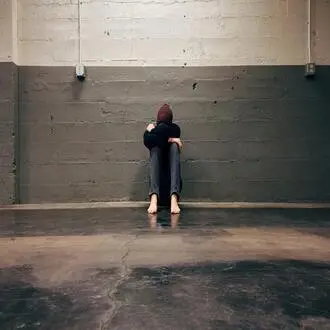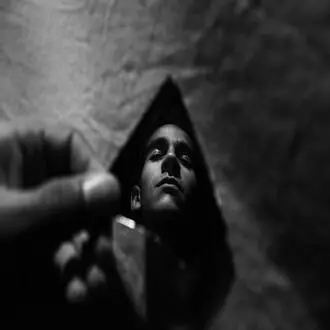Transcription Recovering personal power (Locus of control)
Regaining personal power is essential to managing anxiety and stress, and it involves recognizing which aspects of your life you have real control over and which you don't.
The concepts of "circle of influence" and "locus of control" are key tools for this process.
Circle of Influence. Focusing on What's Controllable
The "circle of influence" refers to all the things over which we can exert direct control through our actions, decisions, and attitudes.
Outside this circle is the "circle of concern," which includes everything that worries us but over which we do not have direct control (e.g., the decisions of others, the global economy, the weather).
Focusing energy and attention primarily on the circle of influence—that is, on what we can change or manage—is a much more effective and less anxiety-inducing strategy than constantly worrying about the uncontrollable.
By focusing on our own responses and actions, we increase our sense of power and decrease our sense of powerlessness.
Internal Locus of Control vs. External and Its Balance
Locus of control" is a concept that describes where a person perceives control over the events of their life lies.
An internal locus of control involves the belief that one is primarily responsible for one's successes and failures, and that one has the ability to influence outcomes through one's actions and efforts.
This perspective is associated with greater proactivity, motivation, and resilience.
An external locus of control, on the other hand, is the belief that outcomes are primarily dependent on external factors such as luck, fate, other people, or uncontrollable c
regaining personal power and locus of control




